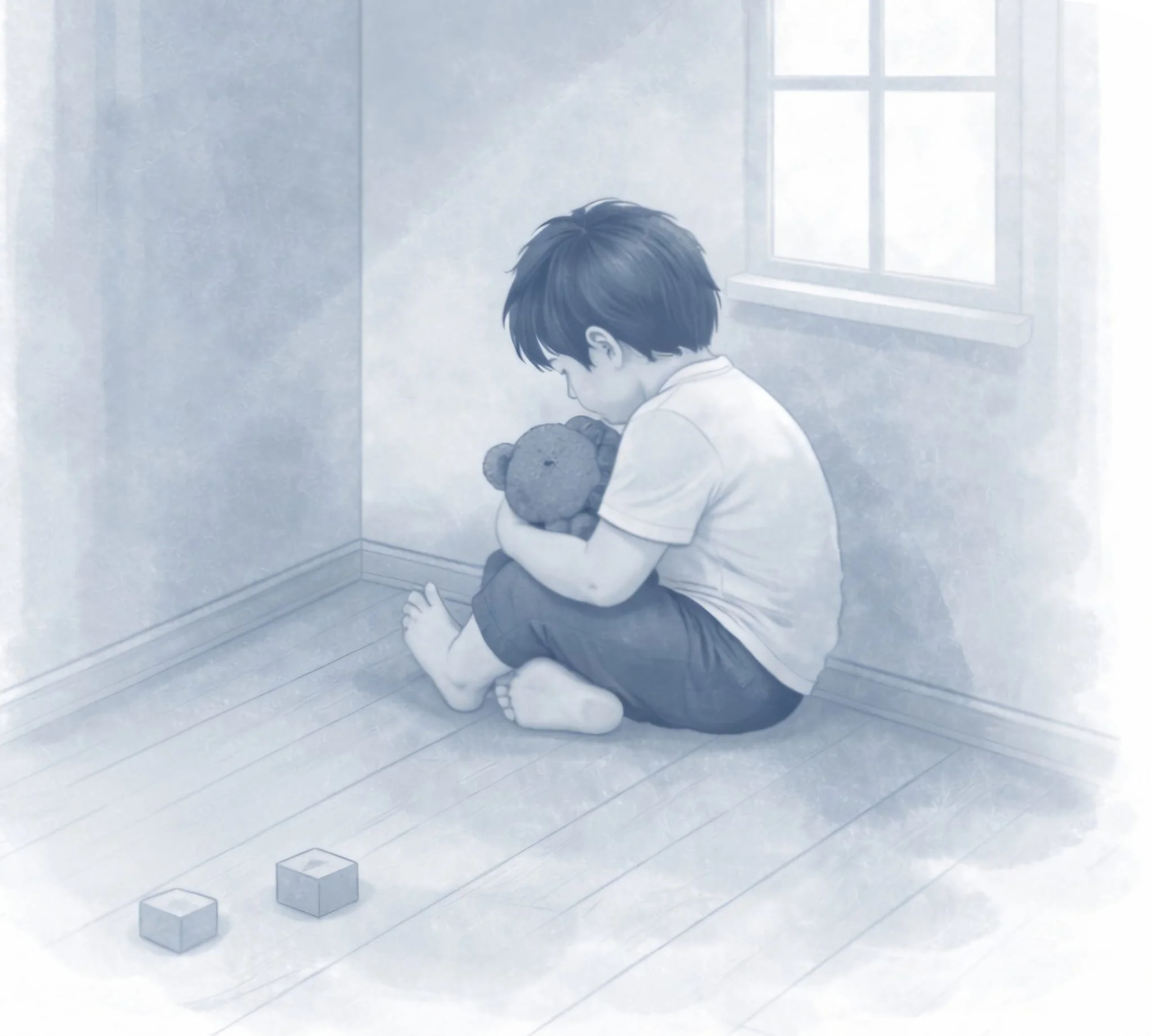Childhood Neglect Therapy in Coventry & Online
Heal the wounds of what you didn’t receive. Reclaim your sense of worth, safety, and belonging.
When we think of childhood trauma, people often imagine dramatic events — violence, loss, or abuse. But sometimes, the deepest wounds come not from what happened, but from what didn’t happen.
Childhood neglect can leave invisible scars. If your emotional needs weren’t met, you may have grown up feeling unseen, unheard, or unimportant. And while you may tell yourself “nothing really bad happened,” the truth is that neglect can shape your entire sense of self.
Is Therapy for Childhood Neglect Right for You?
-
Trauma doesn’t always look obvious. It can show up in ways like:
Flashbacks, intrusive thoughts, or nightmares
Feeling numb, detached, or “not fully here”
Anxiety, panic, or sudden waves of fear
Shame, guilt, or self-blame
Avoiding reminders of the past
Irritability, anger, or feeling constantly on edge
Struggling with sleep, concentration, or chronic stress in the body
Physical symptoms like tension, headaches, or stomach issues
Coping through overwork, perfectionism, substances, or people-pleasing
These are not flaws or weaknesses — they are survival strategies your nervous system developed to keep you safe. Trauma therapy helps you move from surviving to living.
-
Therapy provides a safe, nurturing space to repair the emotional bonds that were missing. Together, we work to:
Identify and validate the unmet needs from your childhood
Rebuild self-worth and a sense of being enough, just as you are
Learn how to connect with and care for your emotions
Heal the nervous system from chronic patterns of disconnection or hypervigilance
Practice new ways of relating — so you can feel safe with yourself and with others
The past shaped you, but it does not have to define you.
-
My approach is gentle, relational, and trauma-informed. Depending on your needs, I may integrate:
Counselling — to process early experiences and their impact on your adult life
EMDR Therapy — to reprocess memories of abandonment or emotional pain
NLP & Coaching tools — to shift deep-rooted beliefs of unworthiness
Mind-body practices — to reconnect with emotions and build a sense of safety
-
Case Story 1 – Emotional Neglect
Hannah (not their real name) grew up in a home where her physical needs were met, but her emotions were ignored. When she was sad, she was told to “stop being dramatic.” When she was proud, she was met with indifference. As an adult, Hannah found herself struggling to connect with her feelings and constantly doubting whether her needs mattered at all.
In therapy, we gently explored these early experiences while using EMDR to reprocess the memories linked to her belief of being “unimportant.” Alongside this, we practiced exercises in self-expression and self-compassion. Over time, Hannah began to feel safer acknowledging her emotions — and started asking for what she needed without guilt or fear of rejection.
Case Story 2 – Physical Neglect
James (not their real name) grew up in an environment where basic care was inconsistent. Meals were missed, clothes were worn until they tore, and medical needs were often overlooked. As an adult, James struggled with self-worth, feeling undeserving of stability, and he often sabotaged opportunities because he didn’t believe he deserved better.
In therapy, we worked on re-establishing a sense of safety and stability through grounding techniques and body-based resourcing. EMDR helped him reprocess painful childhood memories that fueled the belief, “I don’t deserve care.” Slowly, James began to experience a stronger sense of self-worth and learned to care for himself in ways he had never been shown.
Case Story 3 – Neglect Leading to Relationship Struggles
Sophia (not their real name) experienced chronic neglect in her early years, leaving her feeling invisible and unsupported. As an adult, she found herself clinging to relationships, terrified of abandonment, or swinging to the other extreme — pushing people away before they could hurt her.
Through counselling and EMDR, we explored the root of these fears and worked on building secure inner resources. We also practiced healthier communication strategies and boundary setting in the present. Over time, Sophia felt less anxious in her relationships and more confident in trusting that she could be both loved and safe.
-
What if I can’t remember much of my childhood?
That’s common with neglect. Therapy can help you gently explore your past without forcing memories.Is neglect really as damaging as abuse?
Yes. While different, research shows neglect can have just as significant an impact on self-esteem, relationships, and mental health.How long does it take to heal from childhood neglect?
Healing is gradual, but every step helps you reclaim more peace, self-worth, and connection. -
I understand how deeply painful it can be to minimise your own suffering — to tell yourself “others had it worse” while quietly carrying invisible wounds. But your story matters.
I offer a safe, compassionate space where your experiences are honoured, and where the impact of neglect is taken seriously. Together, we’ll gently work through the past and begin creating the healing, care, and validation you should have received long ago.
I also offer a free consultation, where we can explore your situation, answer your questions, and see whether this approach feels like the right fit for you.
📞 Book your free call today — and take the first step toward calm, clarity, and lasting change.
Therapies & Approaches I Offer
-

EMDR Therapy
-

Counselling
-

Neuro Linguistic Programming (NLP)
-

Life Coaching

